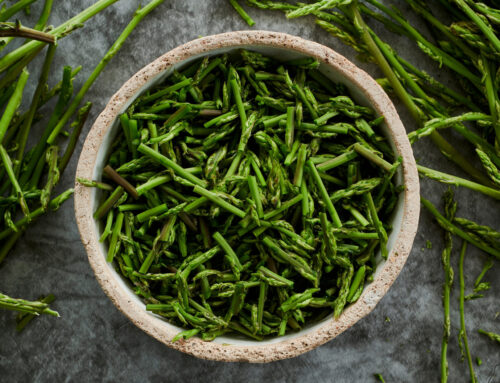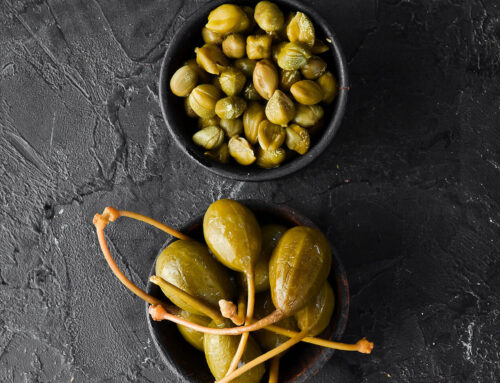Trahana: A Versatile and Nutritious Greek Superfood
Trahana, a traditional Greek pasta made from a mixture of fermented milk and grain, is a versatile and nourishing staple with a rich history in Greece. Its unique preparation method and distinct taste make it a cherished ingredient in Greek cuisine.
Trahana: A Time-Honored Greek Tradition
Trahana has a long history in Greek cuisine, dating back to ancient times. It is typically produced in rural regions, using traditional methods and local ingredients. The process involves combining milk or yogurt with wheat or other grains, allowing the mixture to ferment, and then drying it to form small, irregularly-shaped pasta pieces.
Nutritional Profile
Trahana is a nutrient-dense food, providing a good source of high-quality protein, complex carbohydrates, dietary fiber, and essential minerals, such as iron, magnesium, and zinc. The fermentation process used in trahana production also results in the creation of probiotics, which are beneficial for gut health.
Health Benefits
The consumption of trahana has been linked to several health benefits, including:
Digestive Health
The probiotics in trahana promote a healthy gut flora and may help prevent digestive issues such as bloating and indigestion.
Blood Sugar Control
The complex carbohydrates and fiber in trahana can help regulate blood sugar levels, making it a suitable food for people with diabetes or those looking to maintain stable energy levels throughout the day.
Iron Absorption
The lactic acid produced during the fermentation process can enhance the absorption of iron and other minerals, which are essential for overall health.
Culinary Uses
Trahana is a versatile ingredient in Greek cuisine, used in a variety of dishes such as soups, stews, and salads. Its slightly tangy flavor and chewy texture make it an ideal choice for a range of recipes, from traditional trahana soup with tomato and feta to modern trahana risottos and salads. Trahana can also be used as a base for various sauces, or as a creative alternative to more common pasta varieties.
Supporting Local Producers and Sustainable Practices
By choosing trahana and supporting local grain and dairy producers, you can help preserve traditional food preparation practices and contribute to the sustainable development of the Greek agricultural sector. When purchasing trahana, consider opting for organic or sustainably-produced products, which not only benefit your health but also support environmentally-friendly practices.
Trahana is a versatile and nutritious Greek superfood that offers a unique combination of taste, health benefits, and cultural significance. By understanding its distinct properties and incorporating it into your diet, you can fully appreciate the role of trahana in Greek culture. Culinary arts students, chefs, researchers, and food enthusiasts can all benefit from embracing this protein-rich, fiber-dense staple in their cooking and dietary practices, adding a touch of Greek tradition and healthful nourishment to their meals. Supporting local producers and sustainable practices ensures the continuation of this ancient pasta and its positive impact on Greece’s agricultural heritage and local communities.



